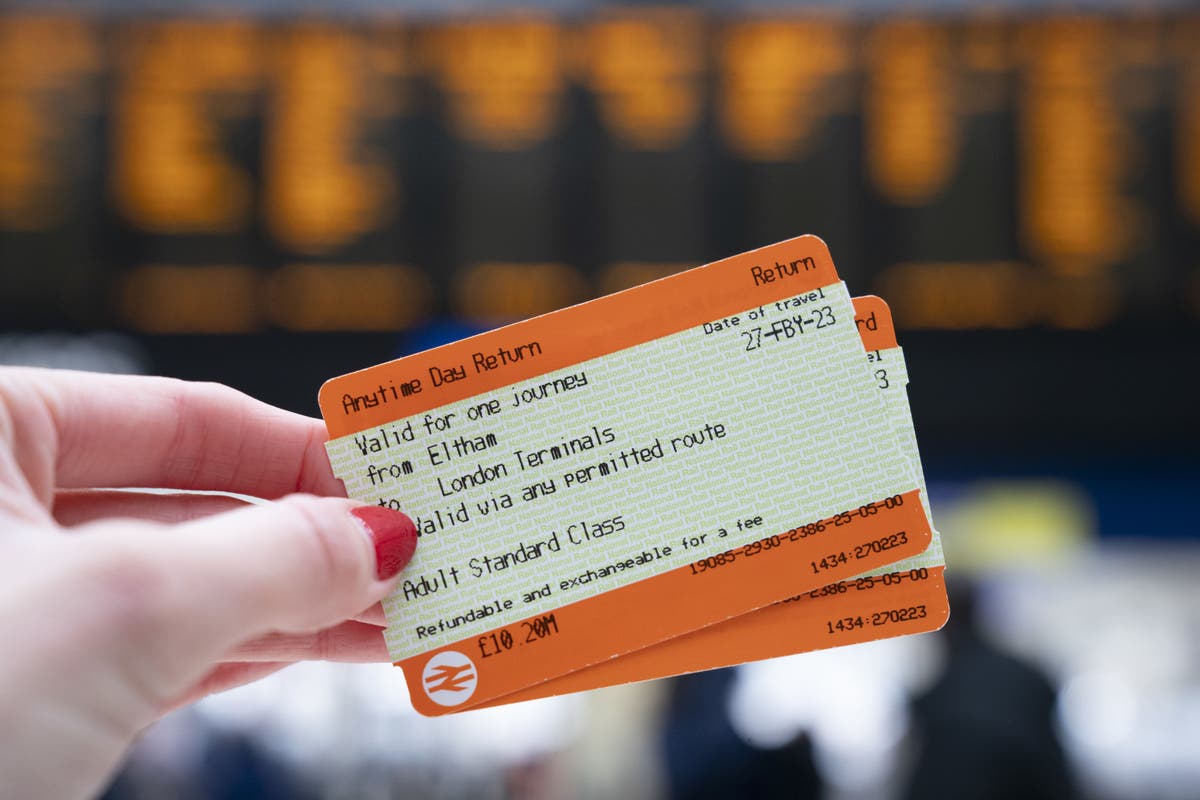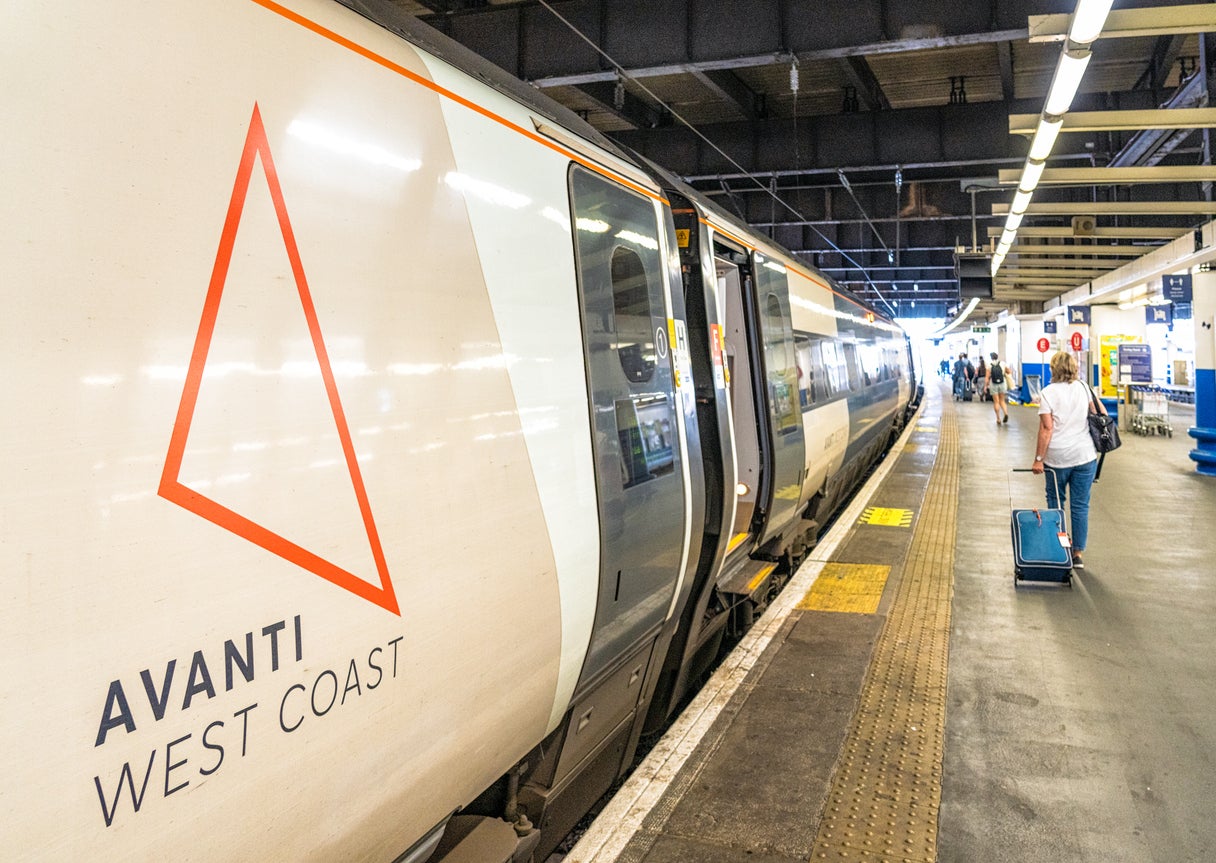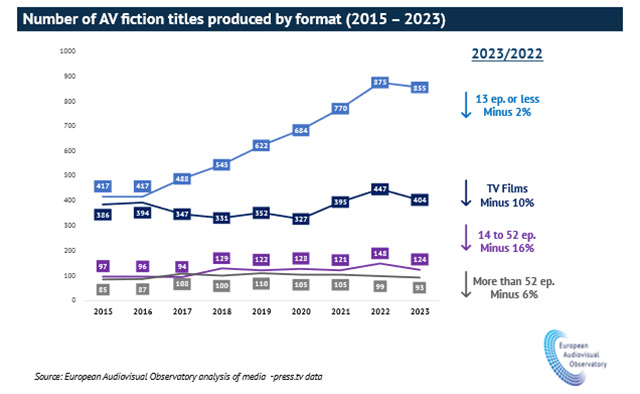Travel
Study ranks UK train fares highest in Europe – but praises passengers’ rights

Train travel in the UK is the most expensive in Europe, new analysis has shown.
It’s unlikely to be a surprise to those who use rail travel frequently with the analysis of 27 European operators reporting that ‘travelling by rail in the UK is particularly costly’.
Great Western Railway fares are two-and-a-half times higher than the average across European Union (EU) and Swiss operators for routes of similar lengths, the study by campaign group Transport & Environment (T&E) found.
Avanti West Coast passengers pay one-and-a-half times more.
Ticket prices were calculated by examining average costs for standard fares in second-class carriages on weekdays, with purchases made both seven and 28 days in advance.
More than 8,000 tickets were tracked.
Special fares and reductions were analysed separately.
The analysis of 27 European operators found that “travelling by rail in the UK is particularly costly”, adding that high infrastructure costs and “private monopolies” have “a responsibility” for this.
The study did however find the EU can “learn from the UK on rail passengers’ rights”.
In the EU, passengers who arrive at their final destination between 60 and 199 minutes late because of an issue within the operator’s control are only entitled to compensation equivalent to 25% of the fare, whereas in the UK operators must fully reimburse the ticket if the hold-up is longer than an hour.
The finances of English train operators are heavily influenced by the Government due to contracts introduced because of the coronavirus pandemic.

Meanwhile, Eurostar fares were found to be nearly double the price of other European operators offering long-distance high-speed journeys of a similar length.
These elevated fares “cannot be attributed solely to costs associated with the Channel Tunnel”, the report said.
A Eurostar spokesperson said its “launch prices have not changed” since it introduced a new website and app in October last year, which made it “even easier for our customers to find the lowest fares”.
The spokesperson added: “Eurostar has had a record number of passengers travel in 2024 and expects that figure to grow as we continue to invest in our services.”
T&E warned there is “no correlation” between high fares and better performance in areas such as punctuality and passenger experience.
T&E rail policy manager Victor Thevenet said: “Sky-high ticket prices are driving passengers away from trains. To unlock rail’s full potential, tickets must be affordable.
“This is a shared responsibility between the industry and governments. Rail operators need to set customer-friendly fares while governments make sure this happens.”
Michael Solomon Williams, of lobby group Campaign for Better Transport, said: “With limited rail services and expensive tickets, it is little wonder that many UK travellers choose to fly to mainland Europe.
“Our international rail link barely scratches the surface of its original ambition.
“There is massive untapped potential for new and more affordable services, with opportunities for new operators and new destinations.
“The Government should produce an international rail strategy with targets to shift journeys from air to rail, and work to reduce rail tolls which are considerably higher than in other countries.”
The Government announced in October that regulated train fares in England will increase by up to 4.6% from March 2 next year.
Operators set rises in unregulated fares, although these are likely to rise by a similar amount.
No announcements have been made about fare rises have been made by the Scottish or Welsh governments.










